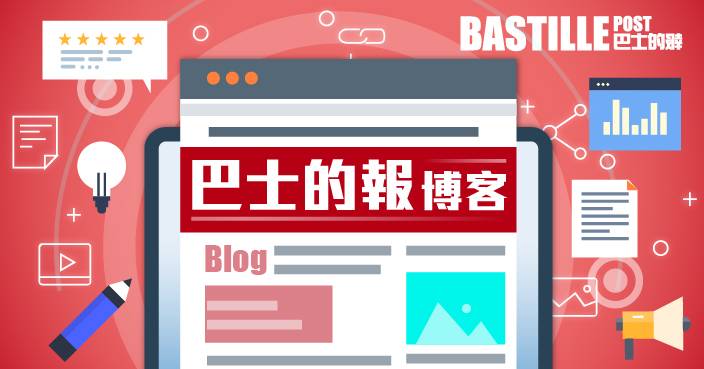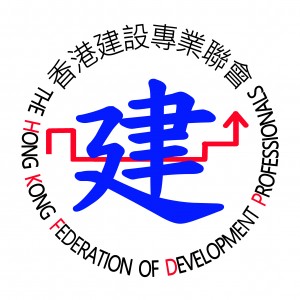Why Attempts to Build a New Anti-China Alliance Will Fail
This aricle written by KISHORE Mahbubani, 馬凱碩, born 24 October 1948, is a Singaporean civil servant, a career diplomat and an academic. During his stint at the Ministry of Foreign Affairs from 1971 to 2004, he served as Singapore's Permanent Representative to the United Nations and held the position of President of the United Nations Security Council between January 2001 and May 2002. Between 2004 and 2017, he served as Dean of the Lee Kuan Yew School of Public Policy at National University of Singapore.
His article tells us the big strategic game in Asia isn’t military but economic, this may show you a different picture...
Australia, India, Japan, and the United States have perfectly legitimate concerns about China. It will be uncomfortable living with a more powerful China. And it’s equally legitimate for them to hedge by cooperating in the Quadrilateral Security Dialogue, informally known as the Quad. Unfortunately, the Quad will not alter the course of Asian history for two simple reasons: First, the four countries have different geopolitical interests and vulnerabilities. Second, and more fundamentally, they are in the wrong game. The big strategic game in Asia isn’t military but economic.
Australia is the most vulnerable. Its economy is highly dependent on China. Australians have been proud of their remarkable three decades of recession-free growth. That happened only because Australia became, functionally, an economic province of China: In 2018-2019, 33 percent of its exports went to China, whereas only 5 percent went to the United States.
Japan is also vulnerable but in a different way. Australia is fortunate to have friendly neighbors in the Association of Southeast Asian Nations. Japan only has unfriendly neighbors: China, Russia, and South Korea. It has difficult, even tense, relations with all three. It can manage difficult relations with Russia and South Korea; both have smaller economies. But the Japanese are acutely aware that they now have to adjust to a much more powerful China again. Yet this is not a new phenomenon. With the exception of the first half of the 20th century, Japan has almost always lived in peace with its more powerful neighbor, China.
As the East Asia scholar Ezra Vogel wrote in 2019, “No countries can compare with China and Japan in terms of the length of their historical contact: 1,500 years.” As he observed in his book China and Japan, the two countries maintained deep cultural ties throughout much of their past, but China, with its great civilization and resources, had the upper hand. If, for most of 1,500 years, Japan could live in peace with China, it can revert to that pattern again for the next 1,000 years. However, as in the famously slow Kabuki plays in Japan, the changes in the relationship will be very slight and incremental, with both sides moving gradually and subtly into a new modus vivendi. They will not become friends anytime soon, but Japan will signal subtly that it understands China’s core interests. Yes, there will be bumps along the way, but China and Japan will adjust slowly and steadily.
India and China have the opposite problem. As two old civilizations, they have also lived side by side over millenniums. However, they had few direct contacts, effectively kept apart by the Himalayas. Unfortunately, modern technology has no longer made the Himalayas insurmountable. Hence, the increasing number of face-to-face encounters between Chinese and Indian soldiers. Such encounters always lead to accidents, one of which happened in June 2020. Since then, a tsunami of anti-China sentiment has swept across India. Over the next few years, relations will go downhill. The avalanche has been triggered.
Yet China will be patient because time is working in its favor. In 1980, the economies of China and India were the same size. By 2020, China’s had grown five times larger. The longer-term relationship between two powers always depends, in the long run, on the relative size of the two economies. The Soviet Union lost the Cold War because the U.S. economy could vastly outspend it. Similarly, just as the United States presented China with a major geopolitical gift by withdrawing from the Trans-Pacific Partnership (TPP) trade agreement in 2017, India did China a major geopolitical favor by not joining the Regional Comprehensive Economic Partnership (RCEP)。 Economics is where the big game is playing. With the United States staying out of TPP and India out of RCEP, a massive economic ecosystem centered on China is evolving in the region. Here’s one statistic to ponder on: In 2009, the size of the retail goods market in China was $1.8 trillion compared with $4 trillion for that market in the United States. Ten years later, the respective numbers were $6 trillion and $5.5 trillion. China’s total imports in the coming decade will likely exceed $22 trillion. Just as the massive U.S. consumer market in the 1970s and 1980s defeated the Soviet Union, the massive and growing Chinese consumer market will be the ultimate decider of the big geopolitical game.
This is why the Quad’s naval exercises in the Indian Ocean will not move the needle of Asian history. Over time, the different economic interests and historical vulnerabilities of the four countries will make the rationale for the Quad less and less tenable. Here’s one leading indicator: No other Asian country—not even the staunchest U.S. ally, South Korea—is rushing to join the Quad. The future of Asia will be written in four letters, RCEP, and not the four letters in Quad.
JANUARY 27, 2021.
The last paragraph, in Chinese 所以,四國在印度洋的軍演動不了亞洲歷史的指針。久而久之,四國不同的經濟利益和歷史性弱勢,將使成立Quad的理由站不住腳。且沒有任何其他亞洲國家~即使美國堅定的盟友韓國~急於加入Quad。亞洲的未來將由四個字母——RCEP而非Quad來書寫,is very enlightening about how to see the future of our this world.
S. L. LI Engineer
HKFDP
香港建設專業聯會
** 博客文章文責自負,不代表本公司立場 **



